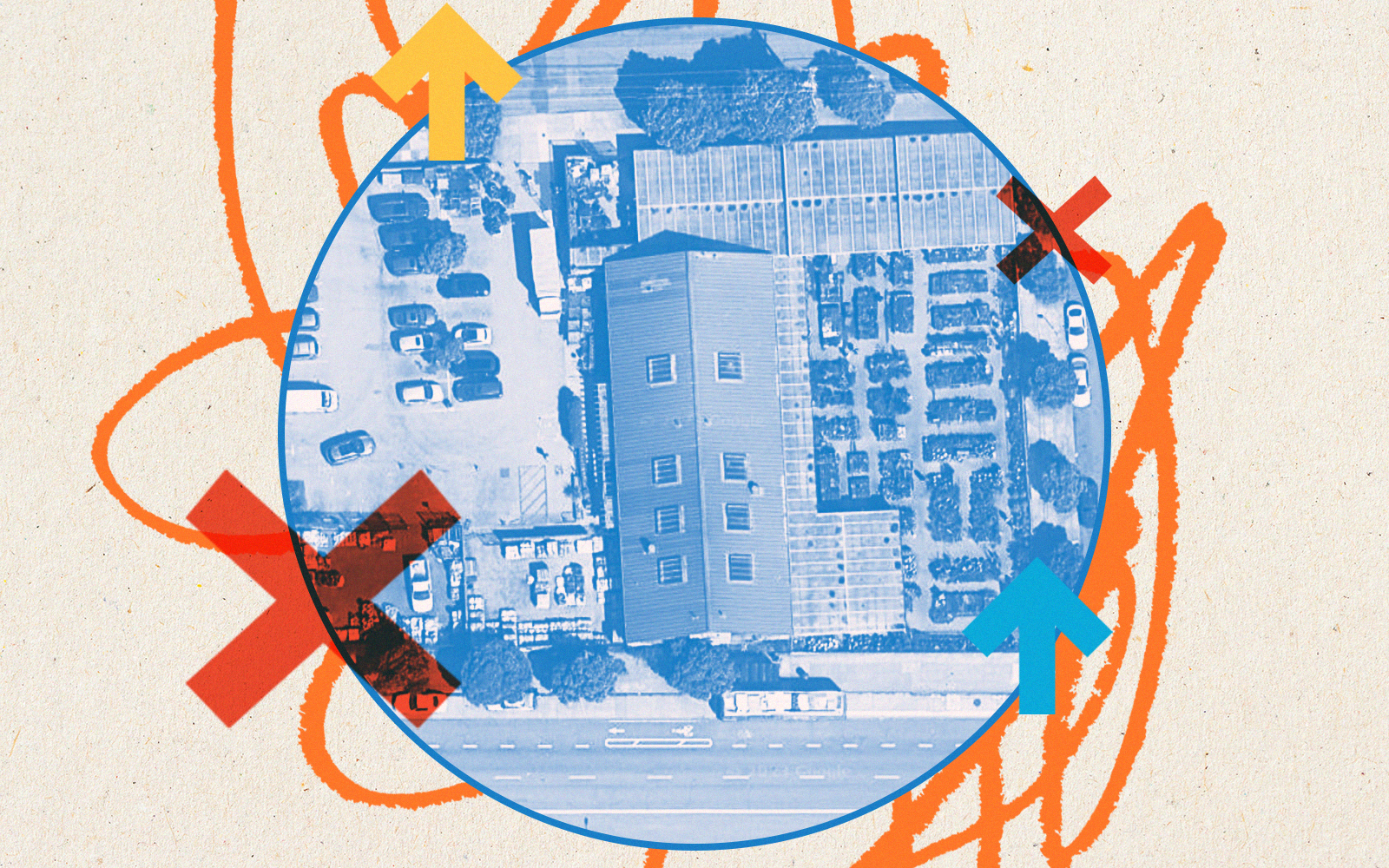The developer behind a failed plan to build a 50-story condominium tower in San Francisco’s Outer Sunset has pulled another arrow from its quiver: a new law to fast-track affordable homes.
Reno-based CH Planning, led by John and Raelynn Hickey, has added Assembly Bill 2011 to two lawsuits attempting to overturn the rejected project at 2700 Sloat Boulevard, the San Francisco Business Times reported.
The couple are seeking streamlined approval under the law that went into effect July 1 to redevelop the Sloat Garden Center, creating a controversial highrise over low-lying homes and businesses, a few blocks from the beach.
AB 2011, known as the Affordable Housing and High Road Jobs Act, fast-tracks housing on commercial properties by allowing ministerial approval if certain housing and labor standards are met.
The law, authored by Assemblywoman Buffy Wicks, D-Richmond, was passed a year ago with support of affordable housing providers and the carpenter’s labor union.
The law applies to projects with at least five units that contain either 100-percent affordable housing or contain between 13 percent and 30 percent of onsite, below-market units. Developers must also pay workers prevailing wages and other benefits.
AB 2011 “provides for streamlined approvals and in some cases increased height limits and relaxed density limits” in exchange for the on-site affordable housing and workforce commitments, according to the city’s Planning Department.
Qualifying projects are exempt from complying with the California Environmental Quality Act.
The bill sets timelines for project reviews and approvals. Projects with 150 units or fewer must be reviewed for code compliance within 60 days and approved within 90 days. Larger projects are subject to respective timelines of 90 and 180 days.
Dan Sider, chief of staff for the Planning Department, said that it’s reviewing the Sloat application.
“They’ve submitted — simultaneously along with their lawsuits — an application for the project to be considered under AB 2011,” Sider told the Business Times. “They’re essentially proposing that the project now be considered under an alternate path entirely, coming in with a new project, if you will, that enjoys the ministerial approval, and the density bonuses afforded under that act.”
This month, an affiliate of CH Planning filed a lawsuit alleging the city misinterpreted the state’s density bonus law in finding its proposed highrise at 2700 Sloat Boulevard “categorically out of compliance.” A second lawsuit alleges the city misapplied a bulk zoning decision.
— Dana Bartholomew
Read more



